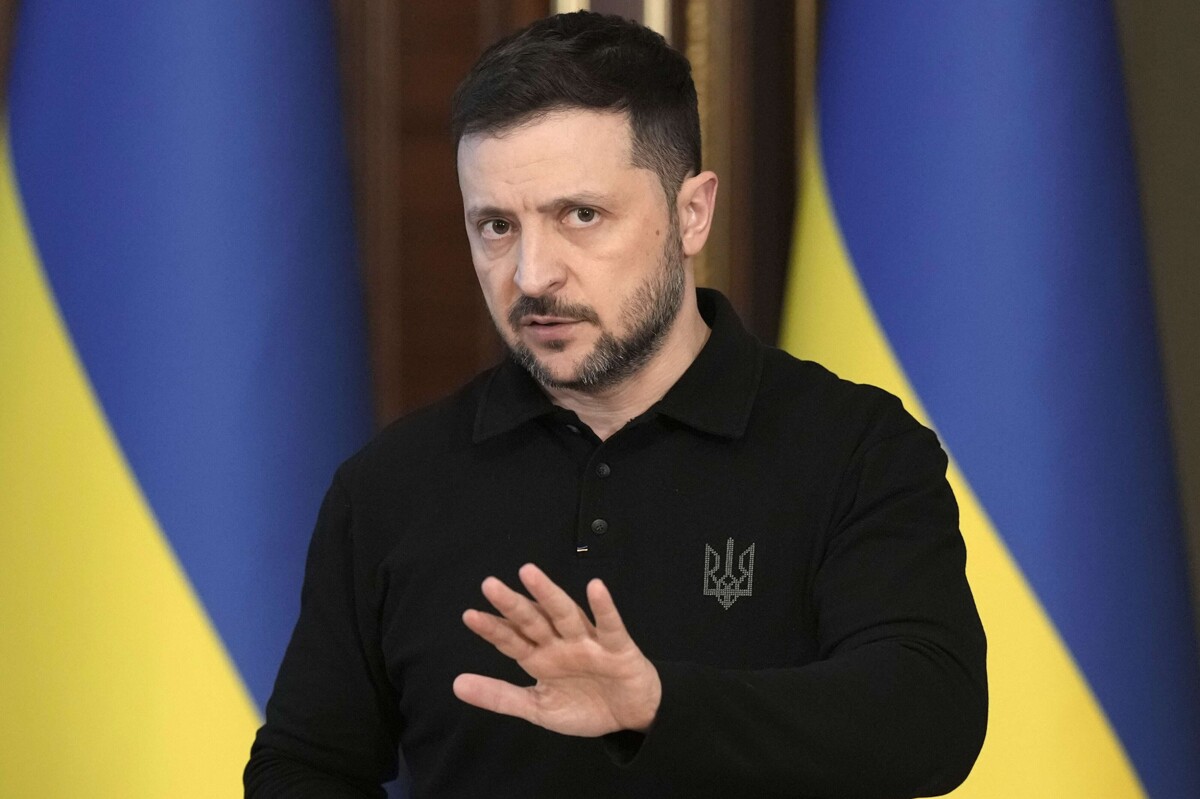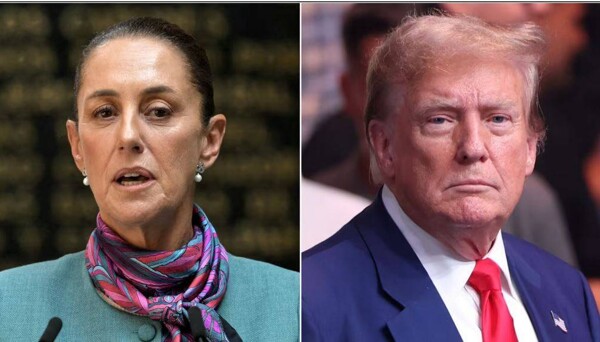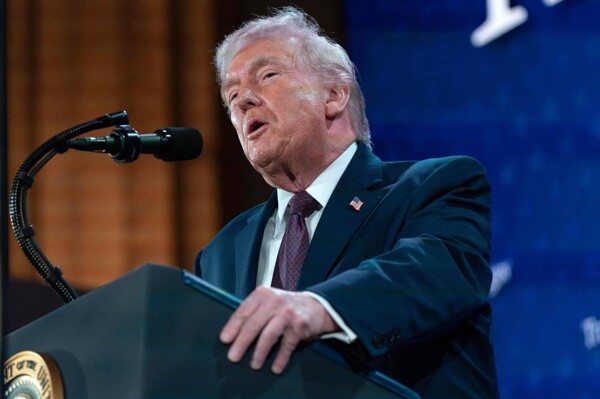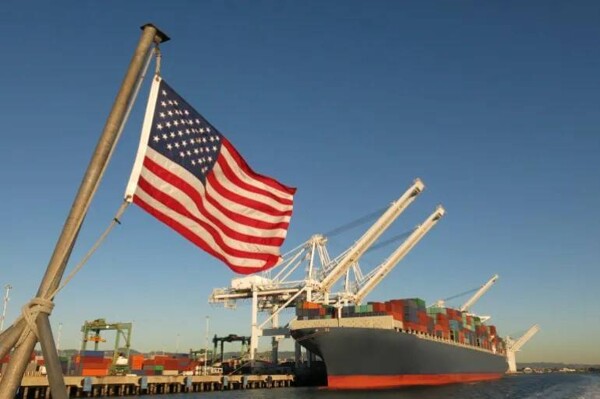
The United States is willing to recognize Russian control of the Ukrainian region of Crimea as part of a broader peace agreement between Moscow and Kiev, according to people familiar with the matter. The potential concession is the latest sign that President Donald Trump is eager to cement a ceasefire agreement, and comes as he and Secretary of State Marco Rubio suggested on Friday that the administration is prepared to advance its peace mediation efforts unless rapid progress is made.
Crimea was seized by the Kremlin in 2014 following an invasion and a subsequent referendum held under occupation, and the international community has resisted recognizing the peninsula as Russian to avoid legitimizing the illegal annexation. Doing so could undermine international laws and treaties prohibiting the acquisition of territory by force. The U.S. president has also previously stated that other Ukrainian ambitions, such as joining NATO, would not be possible.
One official asserted that the American plans, which need to be discussed further with Kiev, would not constitute a definitive agreement and that European allies would not recognize any occupied territory as Russian. Russia insists that its military occupation of parts of Ukraine since 2014, including the Crimea peninsula and large areas of four regions—Zaporizhzhia, Kherson, Luhansk, and Donetsk—must be acknowledged in any agreement.
In statements to reporters in Kiev on Thursday, Zelensky criticized Witkoff for 'adopting the Russian strategy' and said that Trump's envoy did not have 'a mandate to discuss Ukrainian territories, because these territories belong to our people.' 'We will not talk about territories until there is a ceasefire,' declared the Ukrainian president. Ukrainian President Volodymyr Zelensky has repeatedly stated that he will not cede territory to Moscow.
But the measure would benefit Russian President Vladimir Putin, who has long sought international recognition of Russian sovereignty over Crimea. So far, Putin has refused Trump's proposal for a broad peace agreement. Lifting the European Union's restrictions, including the unfrozen assets, requires the backing of all member states. Witkoff, who has met with Putin three times, told Fox News this week that the key to a comprehensive agreement revolves around 'five territories,' without providing further details. But hopefully we won't have to do that.
Trump's proposal will need to be socialized more in Europe and with Ukraine, which may resist the concessions that Trump has outlined. A week ago, Russian forces fired ballistic missiles, including one equipped with cluster munitions, at the city of Sumy in northeastern Ukraine, killing 35 people. The Paris talks also focused on France and the United Kingdom's efforts to establish a post-war 'security force' in Ukraine, as well as plans to ensure Kiev has an adequately resourced and staffed army as part of a security guarantees package.
Officials in Paris and London hope that this proposal will demonstrate that Europe has a serious intention to commit its own resources to Ukraine's future after the war and convince Trump to support those guarantees. Lifting sanctions while Russia continues to occupy large areas of Ukraine could be problematic for several of Kiev's allies. Officials emphasized that the talks would be pointless unless the Kremlin agreed to stop fighting, and that providing Ukraine with security guarantees to ensure compliance with the agreement was also an essential part of any deal. On Friday, Rubio said that security guarantees are not an 'unreasonable desire' on Ukraine's part, but that negotiators have not yet reached that level of specificity. 'Every sovereign nation on Earth has the right to defend itself,' he said.
Kiev has already agreed to a ceasefire and its position is that Moscow must also accept it before addressing other issues, according to a source familiar with the matter. In Paris, the Ukrainian delegation was to discuss how any ceasefire would be monitored, as well as the deployment of a peacekeeping contingent, the source added. Russia has continued to bomb Ukrainian cities after opposing a proposal for a partial truce covering the Black Sea. An American official familiar with the negotiations, when asked about the possibility of recognizing Crimea, declined to comment on the details of the talks.
The United States presented proposals on Thursday in Paris to its allies to facilitate a peace agreement between Russia and Ukraine, including a framework of terms to end hostilities and ease sanctions on Moscow in the event of a lasting ceasefire, Bloomberg previously reported. The proposal would generally freeze the front line, and most of the remaining Ukrainian territory currently occupied by Russia would effectively remain under Moscow's control, according to sources. 'We will never consider Ukrainian lands as Russian.' Kiev's aspirations to join NATO would also be discarded.
Sources declined to provide further details, citing the confidentiality of the discussions. The Paris talks included a meeting between French President Emmanuel Macron and U.S. envoy Steve Witkoff, as well as discussions between Rubio and national security advisers and negotiators from France, Germany, the United Kingdom, and Ukraine. Allies will meet again in London next week to continue their discussions. Even so, Trump expressed impatience on Friday at the White House, stating that while he hoped both sides would agree to move forward with a ceasefire, the United States was prepared to pull back if it perceived either side lacked dedication to the process.
'If for some reason, either party makes it very difficult, we will simply tell them that they are fools,' Trump told reporters on Friday in the Oval Office. The Kremlin announced that a partial truce of 30 days, also related to energy infrastructure, ended on Friday. Sources indicated that no definitive decision had yet been made on that matter. The White House and the State Department did not respond to a request for comment. 'They are fools, they are horrible people, and we will simply ignore them.'














